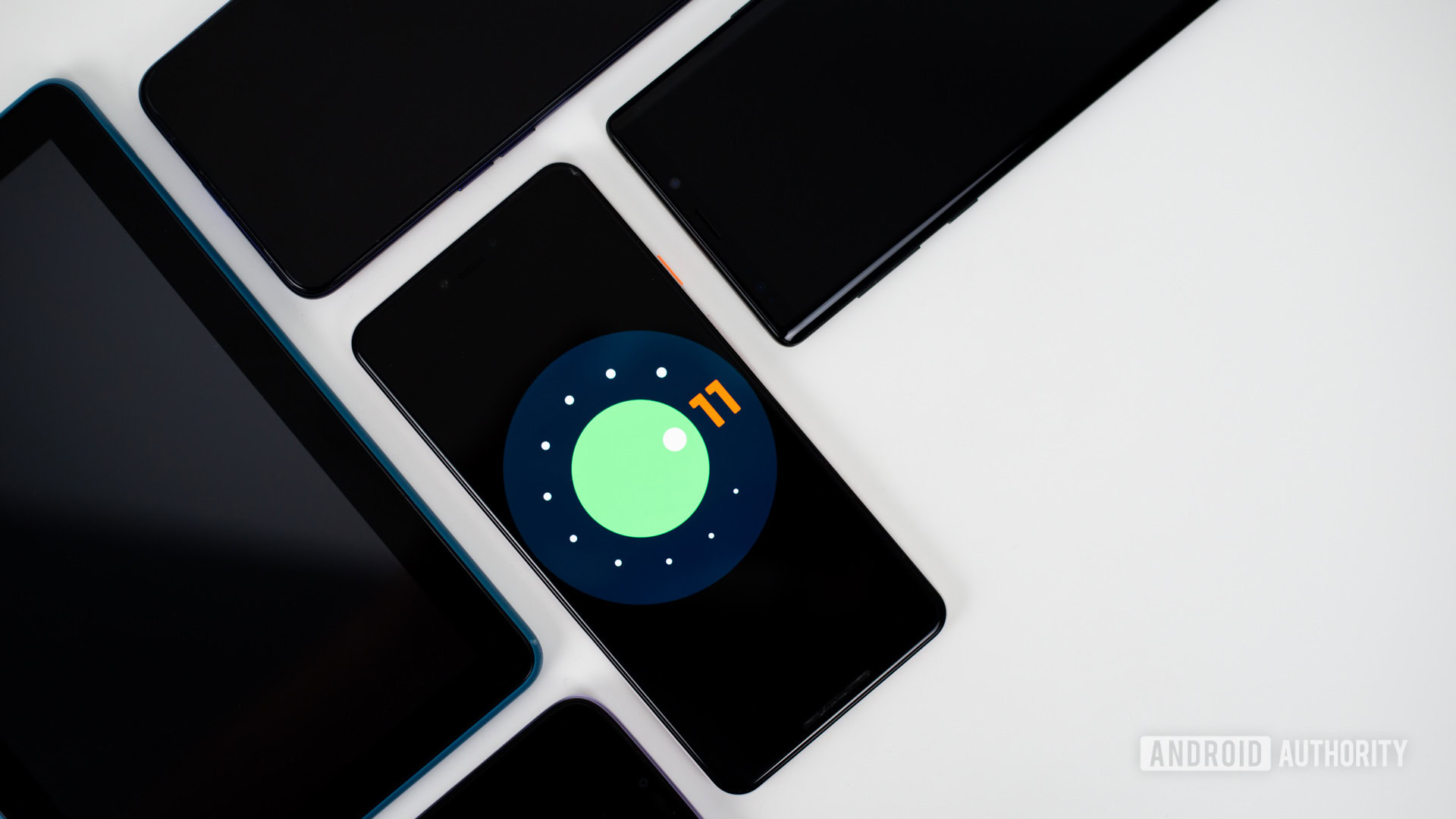Affiliate links on Android Authority may earn us a commission. Learn more.
How to make sure your app is ready for Android 11: Android 11 Beta for devs

After a brief delay, Android 11 Beta is now available.
This means it’s well and truly “go time” for developers who need to ensure that their apps are in tip-top shape to support the new operating system before the full roll-out. And with this update coming hot off the heels of Android Studio 4.0, the new Google Play Console beta, and Google Play Asset delivery, it looks as though we’re going to have
So what do you need to know? What’s new from the previous developer previews? As always, Google has a blog post detailing everything at length. But read on and we’ll take a brief overview of what’s likely to be relevant for most developers, and recap on what we already know about Android 11 from the developer previews.
New Android 11 Beta features for developers
Google says that its aim for Android 11 is for it to be “people-centric” and “expressive.” To that end, the new features largely revolve around quick-access controls and communication features.
A few of the highlights that developers need to be aware of include:
Conversation Notifications
These will now have their own dedicated section in the notification shade. Conversations will then be opened as bubbles when selected. You’ll also be able to copy and paste images between inline replies!
Bubbles
After being in development seemingly for forever, bubbles will finally make its prime-time debut in Android 11. Developers need to use the Bubbles API if they want to take advantage of the feature. You can find information on this here.
We also wrote a full tutorial on how to implement bubbles, all the way back in 2019!
Voice access
Voice control is now augmented by an impressive on-device “visual cortex” that will provide useful contextual information about what’s on the screen.
Device controls
Long pressing the power button will provide quick access to numerous controls. If you wish for your own settings to be included here, then you will need to declare a ControlsProviderService. You can find out how to do that here.
One-time permissions
This is one that we already knew about thanks to the developer previews. Essentially, users will now have the option to accept a permission a single time only. That will require you to make some tweaks to the way you currently handle permissions. You can get all the information you need here.
Permissions auto-reset
We now also know that if a user hasn’t used an app for a while, the permissions will “auto-reset.” This means the app will need to request permission again when it is relaunched. Here’s what you need to know.
Background location
Developers also need to get approval when accessing background location. Developers will have until 2021 to implement this, but there’s no time like the present! Find out more here.
Other updates from the developer previews
While these are the new or updated changes for developers to be aware of in the Android 11 Beta, there’s a lot more to keep in mind that we already know about from the Android 11 Developer Previews.
We’ve already broken these features down in detail here. But to quickly recap:
- Developers will be able to access more information about 5G connections via the Dynamic meteredness API and bandwidth estimator API. The 5G state API will let you know if a user is connected.
- Scoped storage will be mandatory for all apps targeting Android 11. You can learn more about this here.
- BiometricPrompt will now support all authenticator types and levels of granularity
- Apps can send camera capture requests that enable bokeh mode
- Low-latency video-decoding is here
- ADB incremental will let users install large APKs up to 10x faster
- Devs can request the location of the hinge on foldable devices to adapt layouts
Quality of life for devs
Google seems to keen to keep developers happy with this new update. Breaking changes are toggle-able for instance and will be gated until you explicitly target Android 11 in the manifest. Wireless ADB debugging and ADB incrementals should also make life easier for developers
Google has revealed more new stuff for developers lately too, including “Android Performance Tuner” as part of the Android Game SDK, that will provide useful game performance insights in Android Vitals. Android Studio also has some new features to play around with in 4.1 Beta and 4.2 Canary, where you can try out the wireless debugging and a more intuitive emulator (now embedded within the IDE).
For more on all these features, keep it tuned to Android Authority! And be sure to check back here as new features roll out, to ensure your apps are up-to-date.